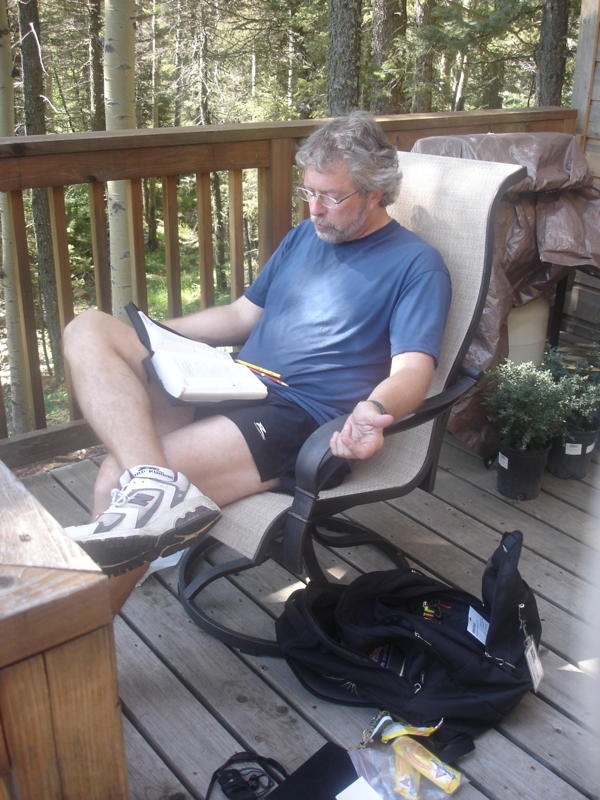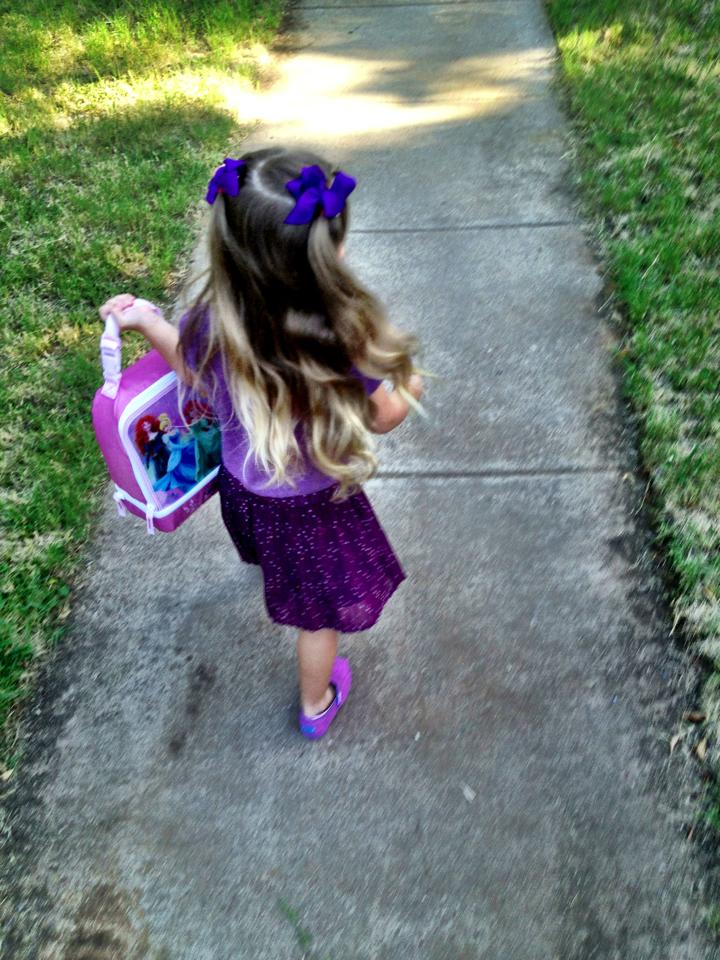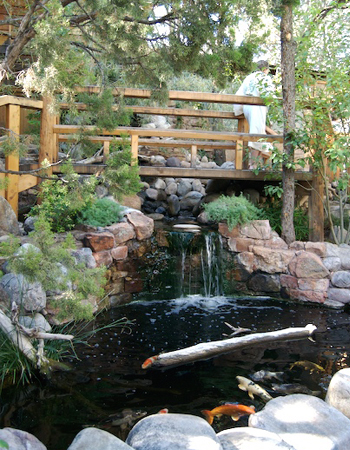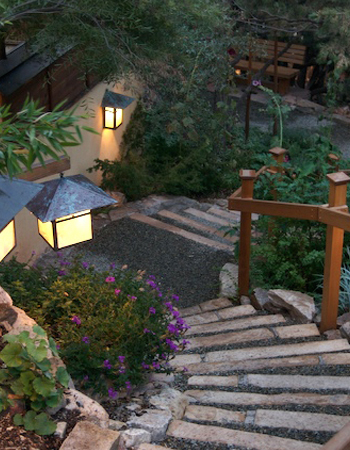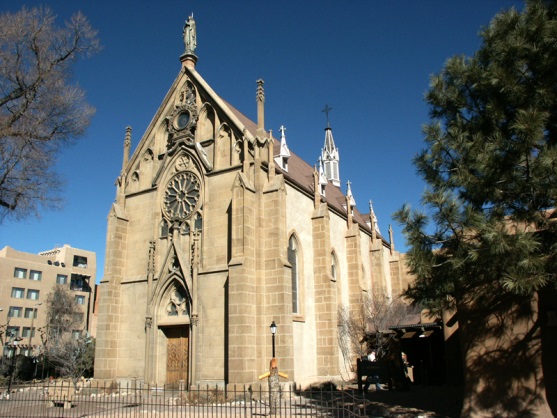Who Has Influenced Your Life?
/I’ve learned that I have to be picky when it comes to spiritual influences. I am continually on the lookout for my next influences, and I pay close attention when someone who knows me well makes a recommendation. Even then, I have to be choosy The world is full of well-meaning influences that try to barge their way in, but they aren’t how I want to live. I want influences that push me in the direction of love, peace, patience, forgiveness, gratefulness, acceptance, and grace. This summer I read a book by Ian Morgan Cron titled, Chasing Francis, and in it he quoted Thomas Aquinas, who spoke about two kinds of souls – the magna animi and the pusilla animi.
Cron wrote, “The magna animi is the open soul that has space for the world to enter and find Jesus. The pusilla animi is like a fortress. It is the defended heart. It’s a guarded and suspicious spirit that’s closed to the world. It sees everything and everyone as a potential threat, an enemy waiting to attack. It shields itself from the world.”
The curious thing is the best way to guard your heart is be open to new influences, not closed. But leaving space for Jesus to enter also leaves us vulnerable. For me, that means I find myself crying in public way more often than I’m comfortable with.
Which brings me to last Sunday morning: I sat with the church orchestra on the front row of the worship team, in front of the entire church body, and cried through the feature music. Huge tears rolled down my cheeks and onto my shirt. Fortunately it was a mostly-black shirt so the wet spots didn't show. That happened twice, both services, even though I was prepared for it the second time.
And curiously, the music that got me was an old hymn, Softly and Tenderly, published 133 years ago. The soloist singing was Cynthia Clawson, and she was singing a “modern” arrangement of the hymn that she first recorded in the late-1970s. I have heard her sing that very same arrangement on many occasions over the past thirty years. All that is to say, I was surprised at my own emotional reaction to something and someone very familiar to me.
The song reminded me how we tend to make spiritual life so complicated, take ourselves too seriously, or focus too much on technique or style. But Jesus cuts through the chaff and distractions and makes this appeal: “All who are weary, come home.” Hearing that song by Cynthia Clawson changed the lesson I was prepared to teach that morning in adult Sunday School.
For me, that’s living the magna animi life.
I told my class: “I am a blessed and fortunate man. I have deep spiritual roots that go back generations after generation. Throughout my life my spiritual formation has been shaped as much by singers and songwriters as by speakers and authors. And one my deepest and oldest influences is Cynthia Clawson. I’ve sat under her singing for close to 40 years.”
I first heard Cynthia Clawson sing when I was in high school in Hobbs, New Mexico. She came often to First Baptist Church. The church our family attended was too small to have a youth group, so I joined my friends at FBC often. During those formative years, Cynthia Clawson was the first singer I ever heard who sang directly to me, told her stories exactly to me, spoke straight to me, and pulled me along with her. She was the first singer I heard who made ancient hymns sound like her own personal words to me.
And to be honest, she wasn’t the only one. My theology and worldview have been shaped by a long string of musicians, and mostly after I heard them perform live. I have always been vulnerable to live music.
I came home from a Steven Curtis Chapman concert wishing I could sing. Hearing Rich Mullins made me wish I could write. Chris Rice made me wish I could see Jesus in everyday things. And Cynthia Clawson made me wish I could show you my heart.
I identify with the label of Pilgrim for Christ and the notion that I will always be moving down the trail searching for God. That means I expect to be influenced. These musicians that influenced me are only a few of the many voices that have kept me moving in the right direction and allowed me to relax long enough to listen to God.
QUESTION: Who has influenced your life?
“I run in the path of Your commands, for You have set my heart free.” Psalm 119:32
Find me at www.berrysimpson.com, or www.twitter.com/berrysimpson, or http://www.facebook.com/berry.simpson



